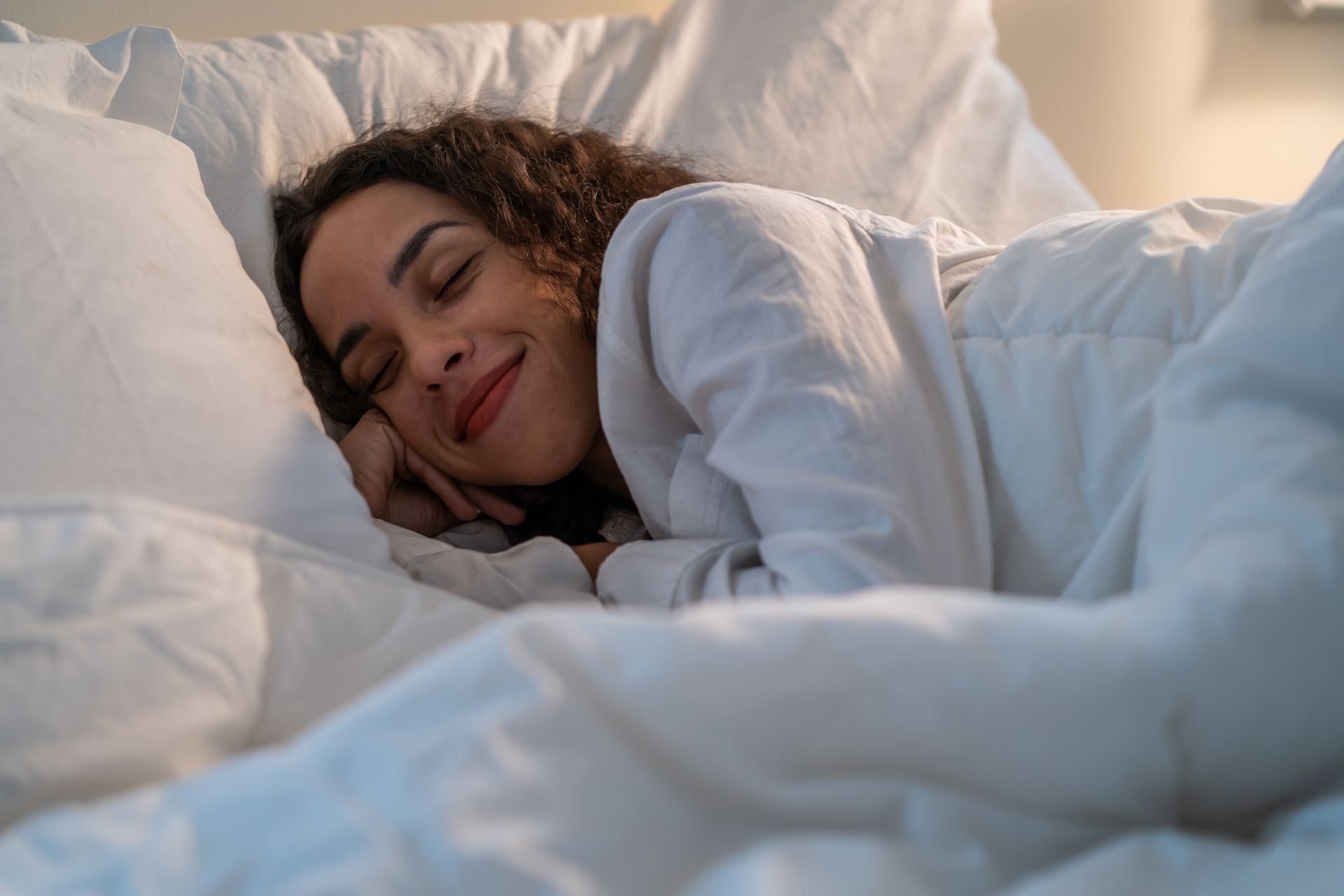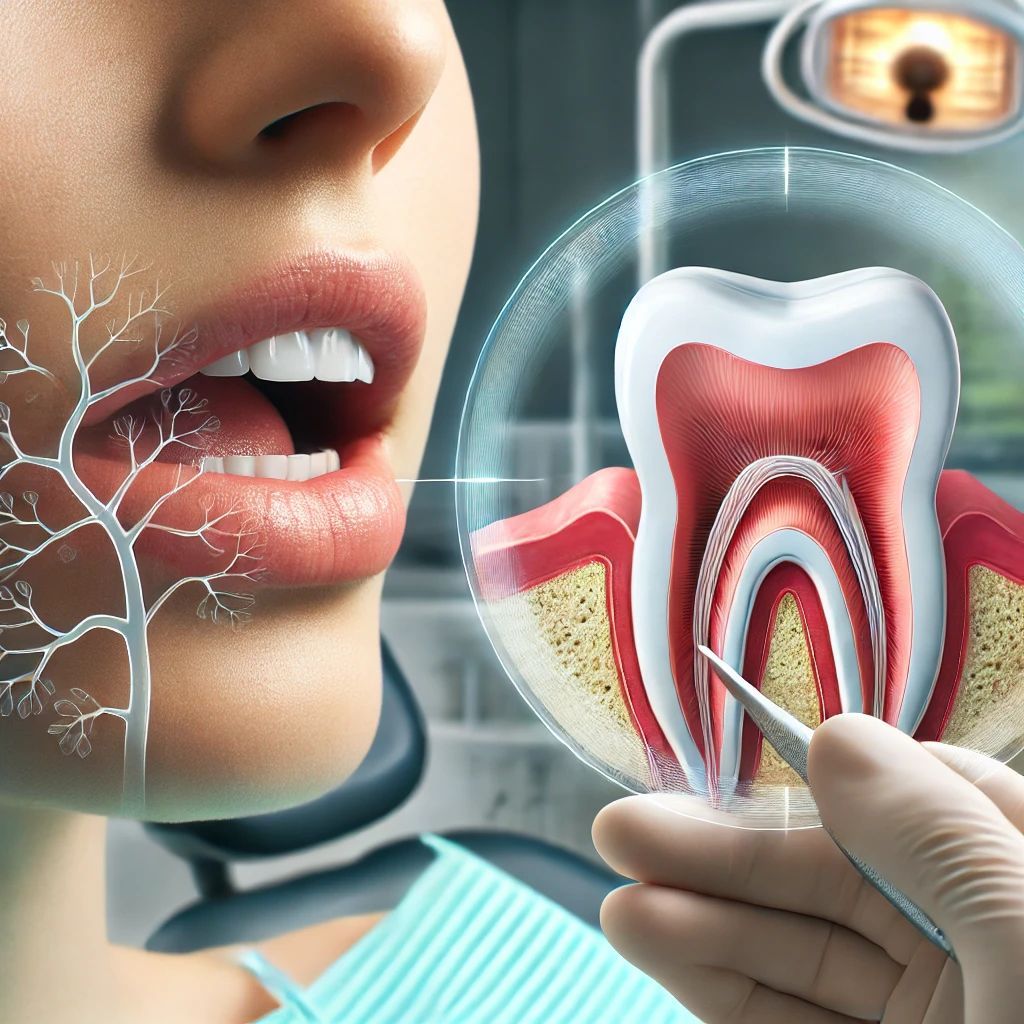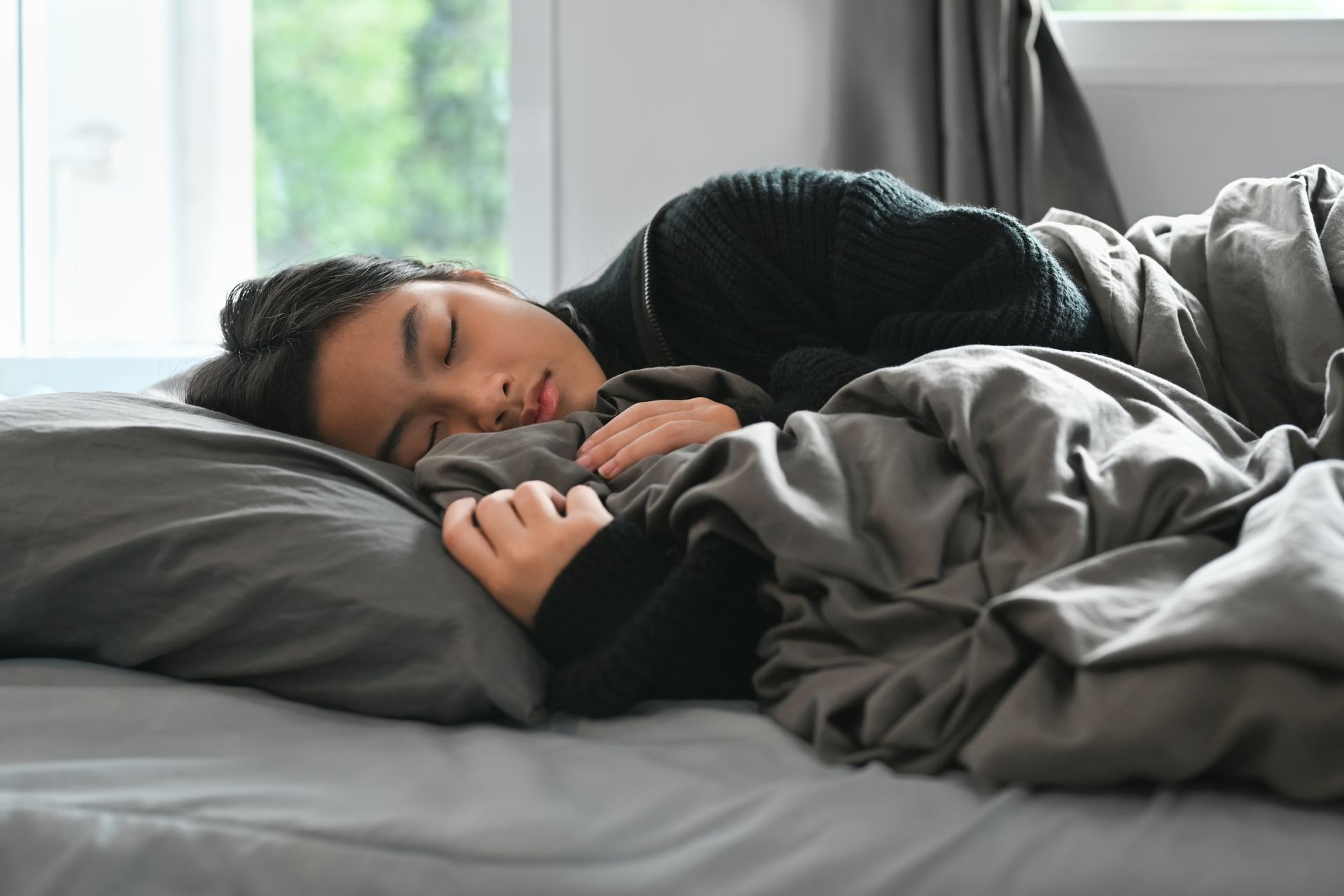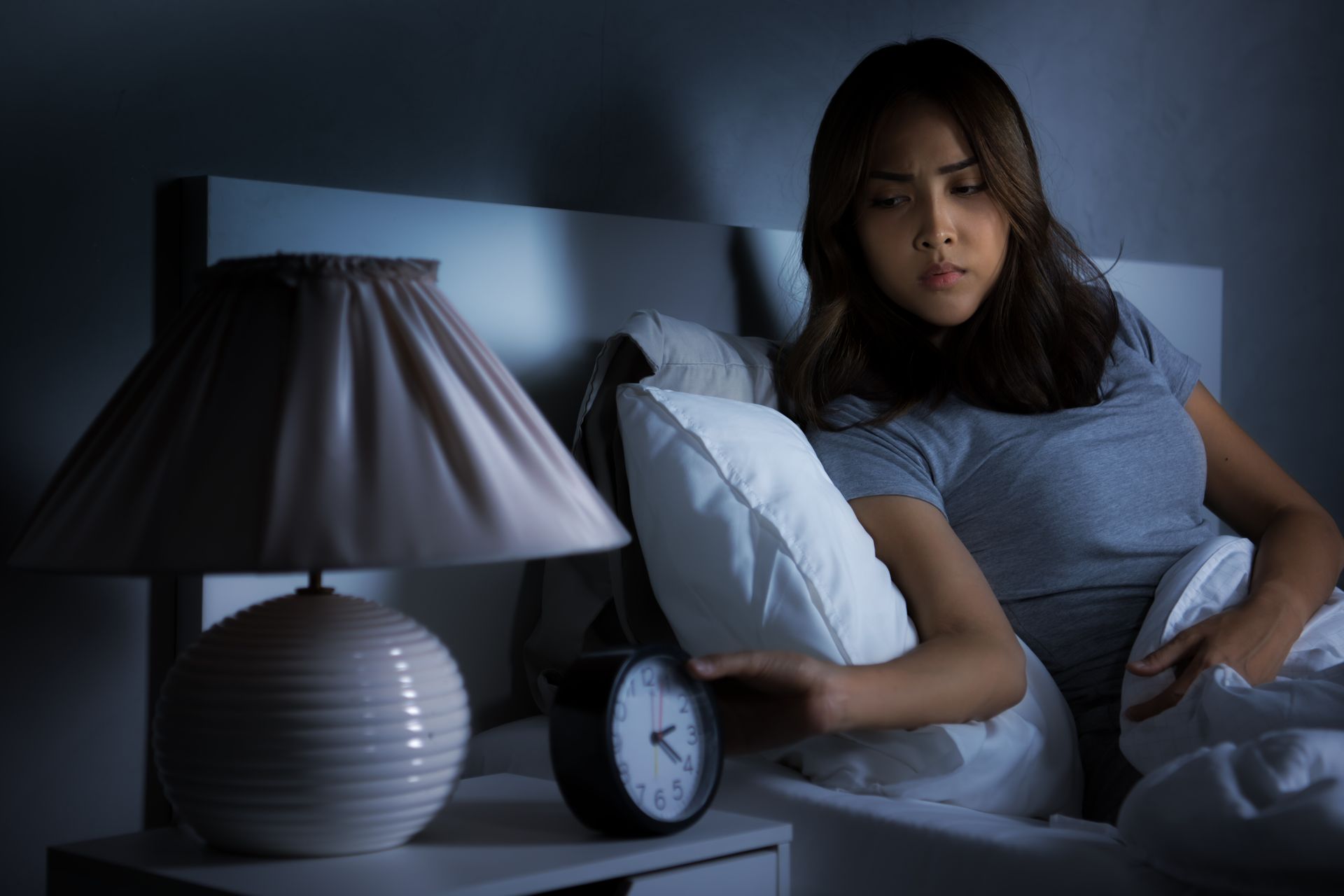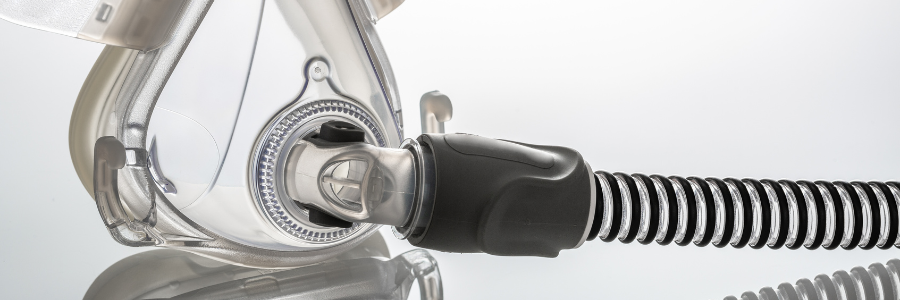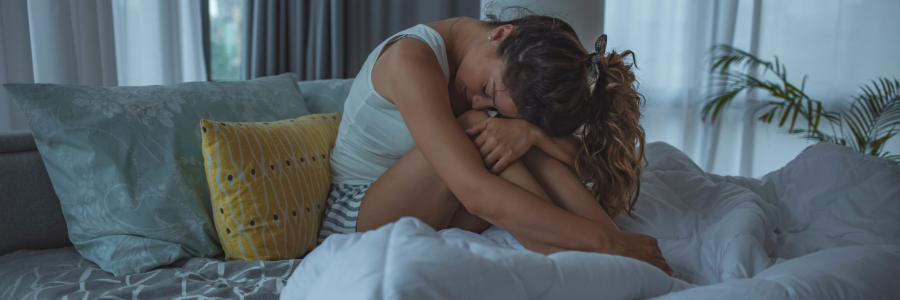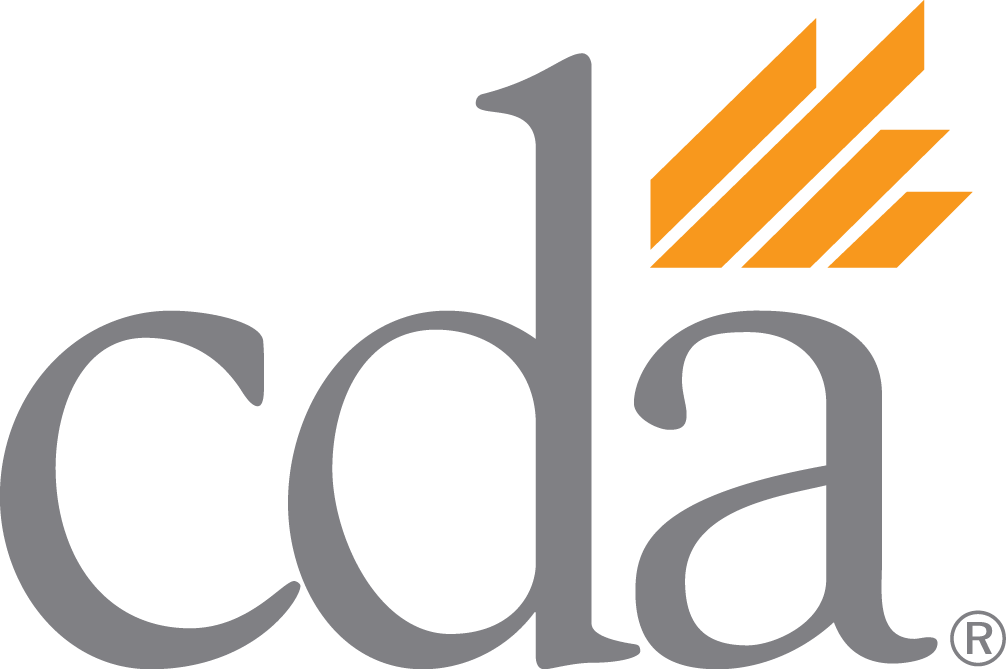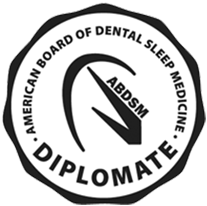Comparing CPAP to Alternatives: Which is Right for You?
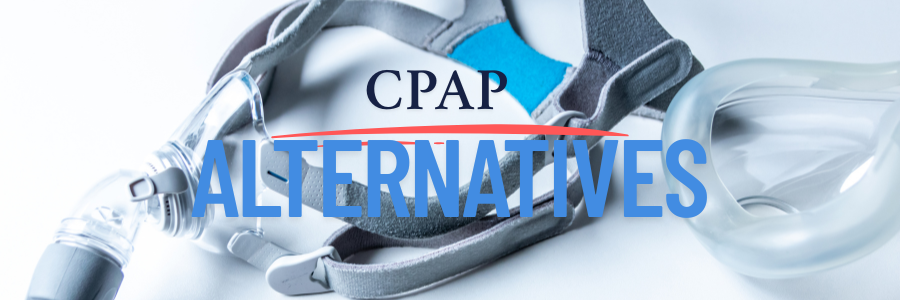
Living with sleep apnea can be a frustrating, exhausting experience. The constant feeling of fatigue, the disruptive snoring that wakes you (and your partner!), and the anxiety of not getting a good night's rest can take a serious toll on your health and quality of life. For many, a CPAP machine is the first and only solution they're told about. But what if the mask and hoses aren't for you? The good news is that there are numerous effective CPAP alternatives available. Understanding your options is the first step toward finding a treatment that works for your unique needs and lifestyle. A qualified sleep apnea dentist like Erela Katz Rappaport, DMD, can also be an invaluable resource in this journey. Located in Poway, Dr. Rappaport is experienced in treating obstructive sleep apnea, snoring, and other sleep disorders and is dedicated to serving the San Diego area.
The "Gold Standard": Understanding CPAP
For decades, Continuous Positive Airway Pressure (CPAP) has been considered the most effective treatment for moderate to severe obstructive sleep apnea (OSA). A CPAP machine delivers a continuous stream of pressurized air through a mask worn over the nose or mouth. This constant air pressure acts as a splint, keeping your airway open and preventing the collapses that lead to apnea events.
While CPAP is highly effective when used correctly, it has a well-known downside: poor compliance. Many patients find the machine uncomfortable, noisy, or difficult to travel with. The mask can cause skin irritation, feelings of claustrophobia, or even a dry mouth. For these reasons, many people give up on CPAP, leaving their sleep apnea untreated and their health at risk. This is precisely why exploring effective CPAP Alternatives is so essential.
Oral Appliance Therapy: A Leading CPAP Alternative
One of the most popular and effective CPAP alternatives for those who can't tolerate it is oral appliance therapy. These custom-fitted devices, similar to a sports mouthguard or orthodontic retainer, are a game-changer for many patients.
An oral appliance works by gently repositioning your lower jaw and tongue slightly forward while you sleep. This subtle shift prevents the soft tissues in the back of your throat from collapsing and blocking your airway. They are an excellent solution for patients with mild to moderate sleep apnea and a viable option for some with more severe cases who are not able to use a CPAP.
Why choose oral appliance therapy?
- Comfort and Convenience: Oral appliances are small, portable, and require no electricity, making them perfect for travel. They are silent, don't use hoses or masks, and are generally much more comfortable to wear.
- High Compliance: Because they are so easy to use and discreet, patients are more likely to wear their oral appliances consistently, which is the key to effective treatment.
- The Role of the Sleep Apnea Dentist: An oral appliance is not a one-size-fits-all solution. It must be custom-made and fitted by a specialized sleep apnea dentist. A dentist with this expertise works closely with your sleep physician to ensure the device is correctly calibrated for your specific anatomy and level of sleep apnea.
"The Team is great! They make you feel comfortable. Dr. Rappaport is very knowledgeable. I would recommend them to anyone!"—Josh.
A Deeper Dive: Dr. Rappaport's New Book
A new resource is now available to help you understand the profound connection between oral health and sleep. Just Released!
Breathe Easy, Sleep Deep: Unmasking the Hidden Sleep Thief Wrecking Your Health and How Your Dentist Can Help
In this must-read book, Dr. Rappaport explores the surprising link between oral health and sleep quality—and what you can do about it. Discover how your dentist could hold the key to better sleep and a healthier life.
Other CPAP Alternatives and Treatment Options
While oral appliances are a primary alternative, they aren't the only one. Depending on the severity of your sleep apnea and its underlying causes, other options may include:
- Positional Therapy: This is a simple yet effective method for people whose sleep apnea is worse when they sleep on their back. Positional devices, or even a simple "tennis ball" technique, can help train you to sleep on your side, which often keeps the airway more open.
- Inspire Therapy: For those with moderate to severe sleep apnea who have failed other treatments, Inspire is an exciting and innovative option. It's a small, implanted device that works from within your body, sensing your breathing and delivering a gentle pulse to the nerve that controls your tongue. This stimulation keeps your airway open, allowing you to breathe naturally.
- Lifestyle Changes: In some cases, lifestyle modifications can significantly improve sleep apnea symptoms. Losing weight, exercising regularly, and avoiding alcohol or sedatives before bed can reduce the frequency and severity of breathing interruptions. These changes can also be a powerful complement to other treatments like oral appliance therapy.
"I'm so grateful to Dr. Rappaport and her team for taking care of me. They are professional and kind."
- Jasmine.
Sleep Apnea Screener: A Free Online Screening
Are you concerned you might have sleep apnea but aren't ready for a full consultation? Take advantage of our free online Sleep Apnea Screener. This convenient tool allows you to assess your risk from the comfort of your home. After you fill out the questionnaire, our team will review your results and reach out to you directly to discuss the findings and your next steps.
Insurance Coverage and Payment Options
You should get the treatment you deserve. That's why our team is committed to helping you understand your financial options. Oral device therapy is often covered by health insurance or Medicare. In fact, many ProSomnus devices that we use are covered by Medicare in most states. Our team is experienced at working with insurance providers to help you get your treatment covered whenever possible.
Financing Available: No Insurance? No Problem!
You deserve to find the treatment you need, regardless of your financial situation. Our team is proud to offer flexible financing through CareCredit and will work with you to get the treatment you need at an affordable out-of-pocket cost.
Conclusion: Finding the Right Path for You
Choosing a treatment for sleep apnea is a deeply personal decision that should be made in consultation with a medical professional. While CPAP remains an excellent option for many, it is no longer the only one. For those seeking comfort, convenience, and a high-compliance solution, a discussion about CPAP Alternatives is essential.
By exploring all your options, including consultation with a qualified sleep apnea dentist about oral appliance therapy, you can find a treatment plan that fits your life and helps you finally get the restful, restorative sleep you deserve. At Complete Health Sleep SoCal, we are dedicated to helping you discover the best path to better health.
"Always super personal and friendly!" - Kameron
Ready to find your perfect sleep solution?
Frequently Asked Questions
What is the main difference between CPAP and an oral appliance?
A CPAP machine uses air pressure to keep your airway open, while an oral appliance physically repositions your jaw to prevent the airway from collapsing. Oral appliances are smaller, quieter, and don't require masks or hoses
Is oral appliance therapy effective for severe sleep apnea?
Oral appliance therapy is generally most effective for mild to moderate sleep apnea, but it can also be used for some patients with severe sleep apnea who are unable to tolerate CPAP. A comprehensive evaluation by a sleep dentist and sleep physician is necessary to determine if you are a candidate.
Why do I need a sleep apnea dentist for an oral appliance?
Unlike over-the-counter mouthguards, a custom-fitted oral appliance from a sleep apnea dentist is designed to fit your mouth and jaw structure precisely. This ensures maximum effectiveness and reduces the risk of side effects like jaw pain or changes to your bite.
Will my insurance cover oral appliance therapy?
Since sleep apnea is a medical condition, oral appliance therapy is typically covered by medical insurance, not dental insurance. Our team at Complete Health Sleep SoCal can help you navigate the insurance process.
Disclaimer
The information provided in this blog is for educational purposes only and is not a substitute for professional medical advice, diagnosis, or treatment. Always seek the advice of your physician or other qualified health provider with any questions you may have regarding a medical condition. Never disregard professional medical advice or delay in seeking it because of something you have read here
